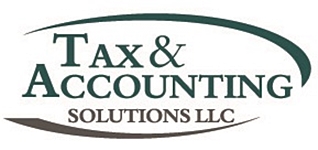Turning 701/2? Don’t forget about your RMD
Older adults who reach age 70½ and are no longer working need to start drawing funds from their retirement savings accounts, making sure they meet their required minimum distribution (RMD) for the year. RMDs apply to funds saved in traditional IRA, SEP IRA, SIMPLE IRA, 401(k), 403(b), 457, and thrift savings plan accounts. The RMD rules do not apply to a Roth IRA, Roth 401(k), or Roth 403(b).
You only need to remember a few rules. First, you have a choice. You can begin taking RMDs in the year you reach age 70½. Alternatively, you can wait and take your first RMD by April 1 of the following year. Keep in mind that if you wait until April 1 of the following year, you are required to take two distributions in that year.
For example, if you turn 70½ on July 4, 2019, you’ll take your first RMD either by December 31, 2019, or by April 1, 2020. For all subsequent years, you’ll need to take your RMD by the end of the year.
If you turned 70½ on July 4, 2019, and you decide to take your first RMD by April 1, 2020, this will satisfy your first RMD. (This makes the distribution taxable in 2020.) You’ll also need to take your second RMD by December 31, 2020. This satisfies your RMD for the year 2020. In this scenario, you have two distributions taxable in 2020. Going forward, for the year 2021, you’ll take your RMD by December 31, 2021.
Finally, determine how much RMD you need to take out. Each year, we need to calculate your required minimum distribution. This is the minimum amount you’ll need to withdraw from your retirement accounts to meet the requirement.
We can help you calculate your RMDs, so you can rest assured you’re meeting the requirement. All we need are the Form 5498 documents that your retirement plan administrators send to you.

